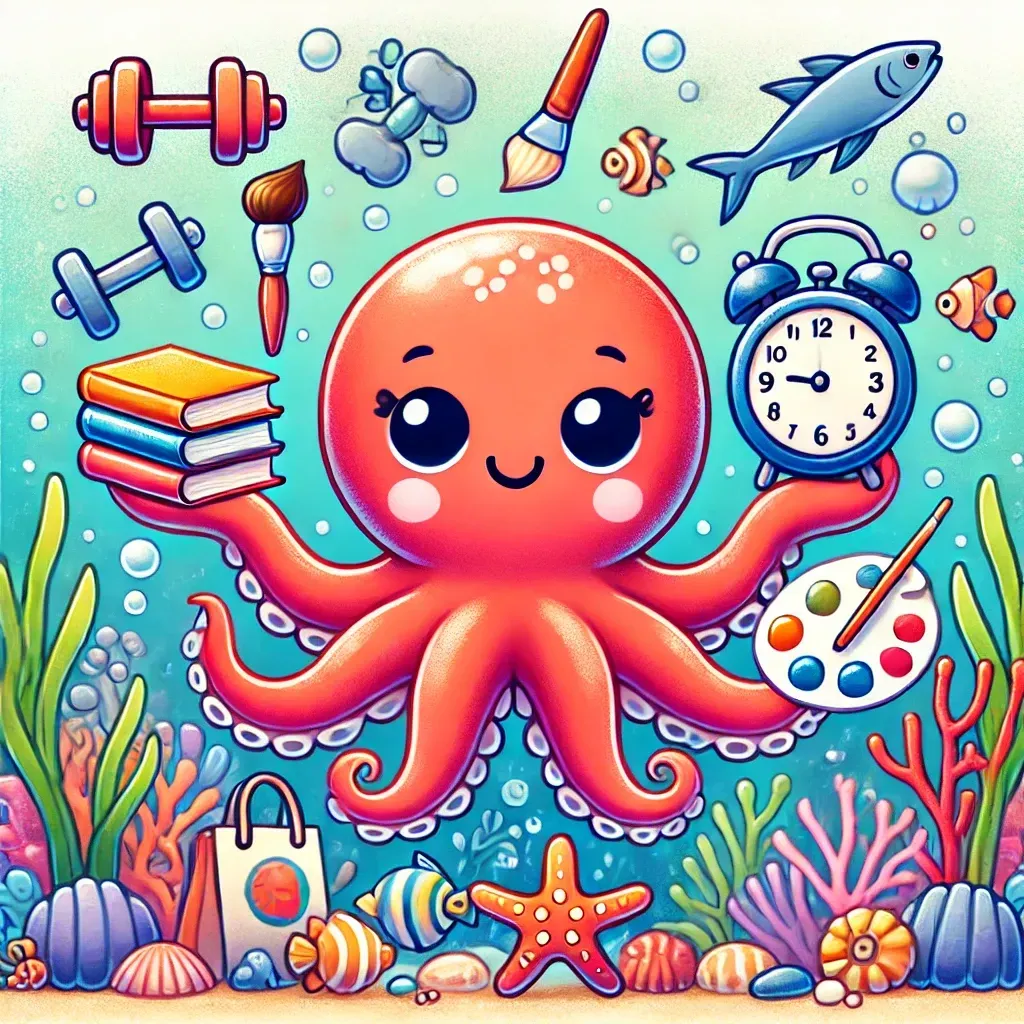How Adult ADHD Can Impact Your Life

Adult ADHD can lead to difficulties in building a career, managing your personal life, and interpersonal relationships. The day-to-day challenges may include trouble focusing, restlessness, poor planning skills, disorganization, and impulsiveness.
Executive Function
We all have an Executive Function in our brains. This is a set of mental skills that help us plan, focus, remember instructions, and manage our time and resources effectively. These skills are essential for achieving goals, making decisions, and solving problems. Sometimes adults with ADHD have impaired Executive Function, which may affect their ability to manage their time, follow through on commitments, and meet deadlines.
Working Memory
We all also have working memory. This is the mental process that allows us to hold and manipulate information in our minds for a short period of time. It is crucial for many cognitive tasks, such as learning, problem-solving, and decision-making. Working memory allows us to store and retrieve information from our short-term memory. It plays a key role in our ability to process new information and adapt to changing situations.
Working memory is often referred to as the "mental scratch pad" because it allows us to temporarily hold and manipulate information in our minds. It is different from long-term memory, which is the process of storing and retrieving information over a longer period of time. Some ADHD adults with impaired working memory may affect their ability to process new information, follow instructions, and adapt to changing situations.
Romantic Relationships
For those in a romantic relationship, ADHD can significantly impact the relationship dynamic. Both partners need to understand and acknowledge the challenges that ADHD brings and work together to find strategies to manage them. Particularly, couples with someone with ADHD may face difficulties with communication and conflict resolution. Limited Executive Function leads to impulse control problems that may cause hurt feelings or misunderstandings. Difficulty paying attention or listening to their partner may lead to isolation and reoccurring issues, specifically in these key areas:
- Organization and Time Management: Organization and time management can be challenges for individuals with ADHD. They may have difficulty remembering important dates or tasks, which can cause frustration for their partner.
- Hyperactivity: Individuals with ADHD may have a hard time sitting still or engaging in quiet activities, which can be overwhelming for their partner.
Both partners need to be kind, open, and honest. Also, individuals with ADHD to be patient with themselves and their partners, as managing ADHD can be a lifelong journey. It is okay to ask for help and to take breaks when needed. And at times throughout your relationship, it may be helpful to seek professional help, such as couples therapy or ADHD coaching.
If you or your partner has ADHD, remember that
it is not a flaw or a weakness. It is a condition that requires understanding, patience, and support. With the right tools and support, you can manage your symptoms and have a fulfilling life and healthy relationships.




